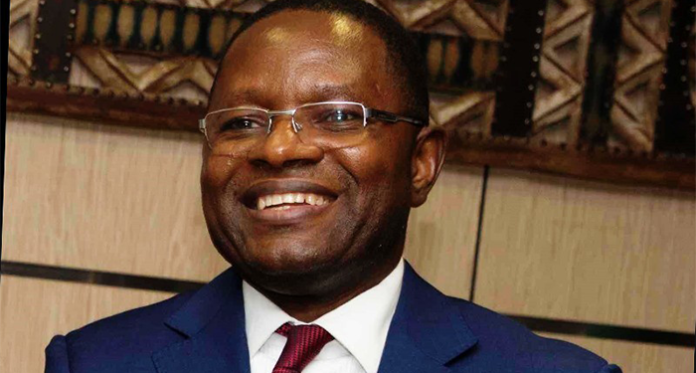The African Development Bank (AfDB) calls on African nations to adopt local strategies to tackle economic challenges and foster transformative development. The bank highlights that despite substantial international investments, poverty levels remain high, and structural progress is slow.
AfDB Vice-President for Economic Governance and Knowledge Management, Prof. Kevin Urama, stresses that Africa must reduce its dependence on foreign aid and instead leverage its internal resources. He identifies key issues such as inflation, debt sustainability, currency volatility, and food and energy insecurity as pressing concerns that require urgent attention.
Urama points out that the global economic system often puts African economies at a disadvantage. “Africa needs to focus on its own strengths to address these challenges and achieve sustainable growth,” he states.
The bank urges countries to focus on processing raw materials locally rather than exporting them. Urama emphasizes that local value addition is essential to break free from colonial-era economic practices and to promote industrialization.
“For instance, setting up a factory to produce precursors for lithium-ion batteries in the Republic of Congo costs significantly less than doing so in the United States. This approach also reduces logistics expenses and carbon emissions,” he explains.
The AfDB highlights industrialization as a key driver for job creation, innovation, and economic expansion. Investing in industries within Africa, Urama argues, reduces production costs while maximizing the benefits of the continent’s abundant resources.
“Building industries locally enables companies to save on transportation costs and harness Africa’s untapped potential,” he notes. Additionally, he advocates for developing sectors that leverage Africa’s human capital to drive job creation and poverty reduction.
As global economic challenges persist, the AfDB champions policies that focus on Africa’s unique strengths. “It is time for Africa to rethink its approach to development. We must rely on our resources and skills to create sustainable economies and secure a prosperous future,” Urama asserts.
The AfDB’s vision aligns with broader efforts to achieve economic independence across Africa. In collaboration with the Economic Commission for Africa (ECA) and the United Nations Development Programme (UNDP), the bank recently hosted the African Economic Conference. The event focused on strategies to strengthen Africa’s economic prospects amid global uncertaintie
This push for homegrown solutions positions Africa to unlock its vast potential and build a resilient, prosperous future for its people.











